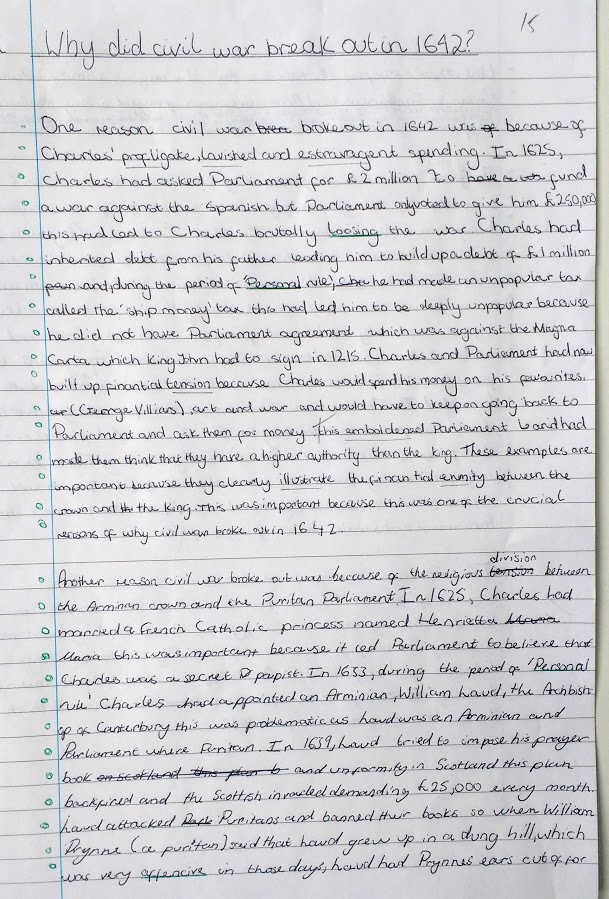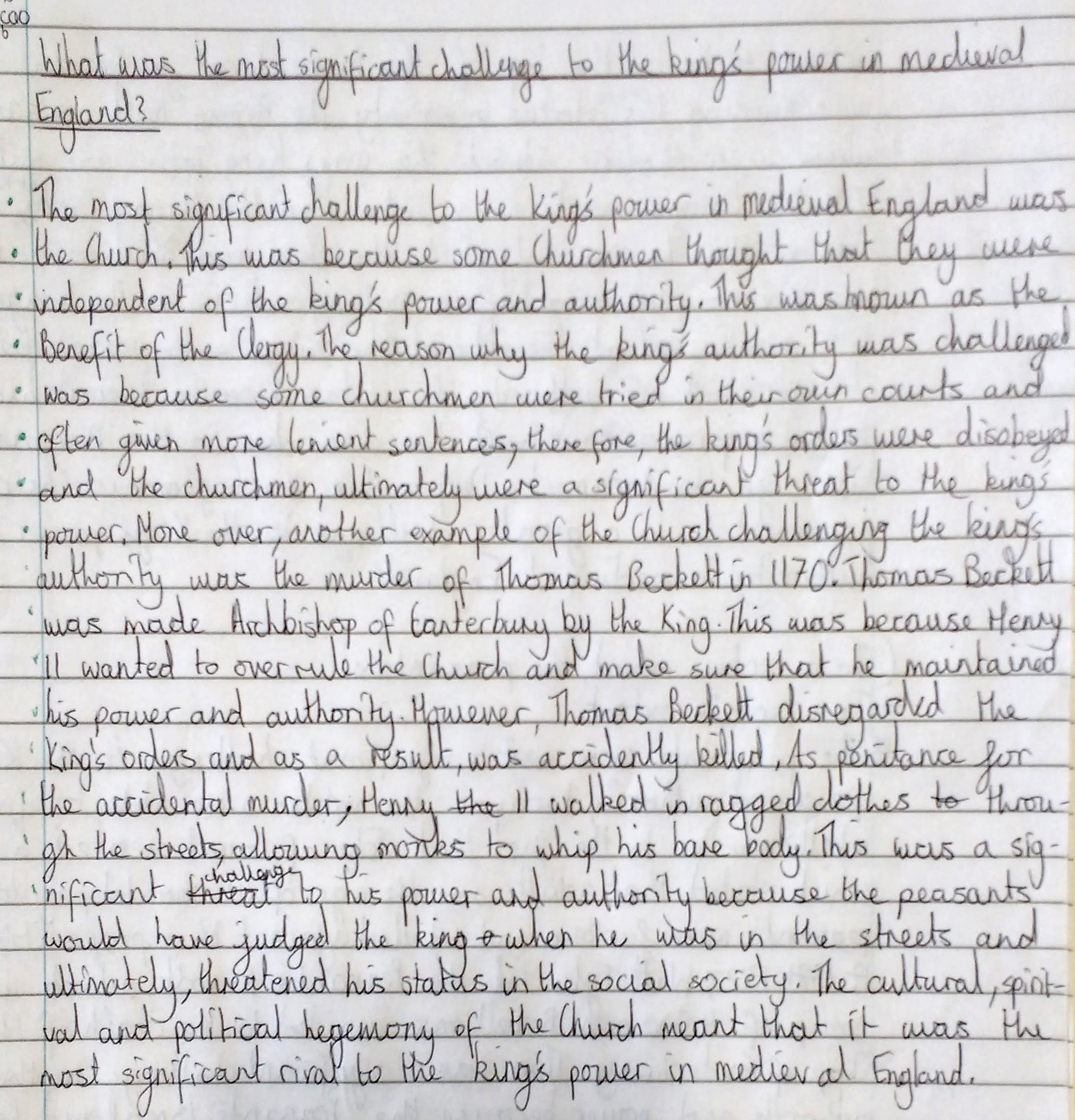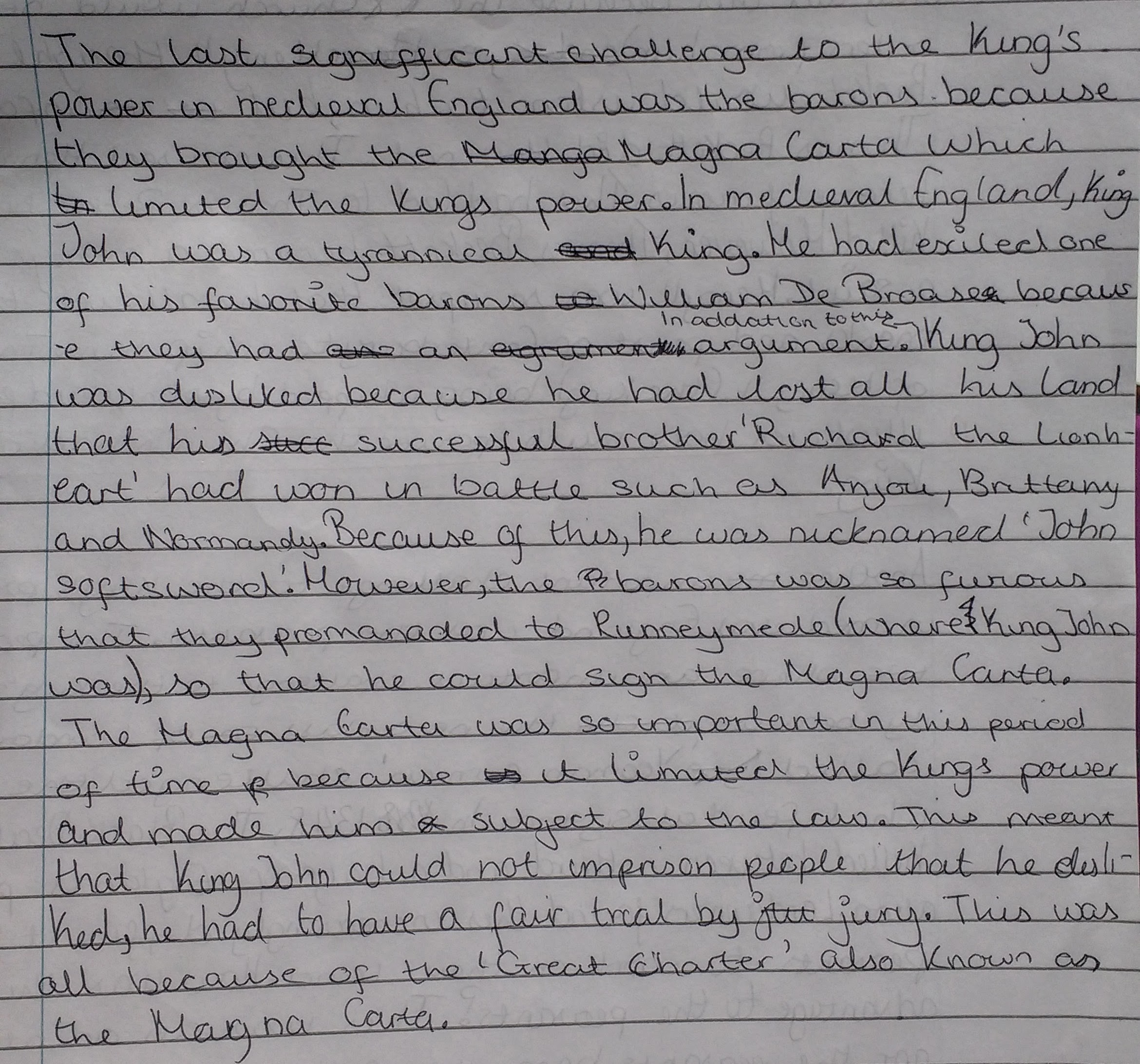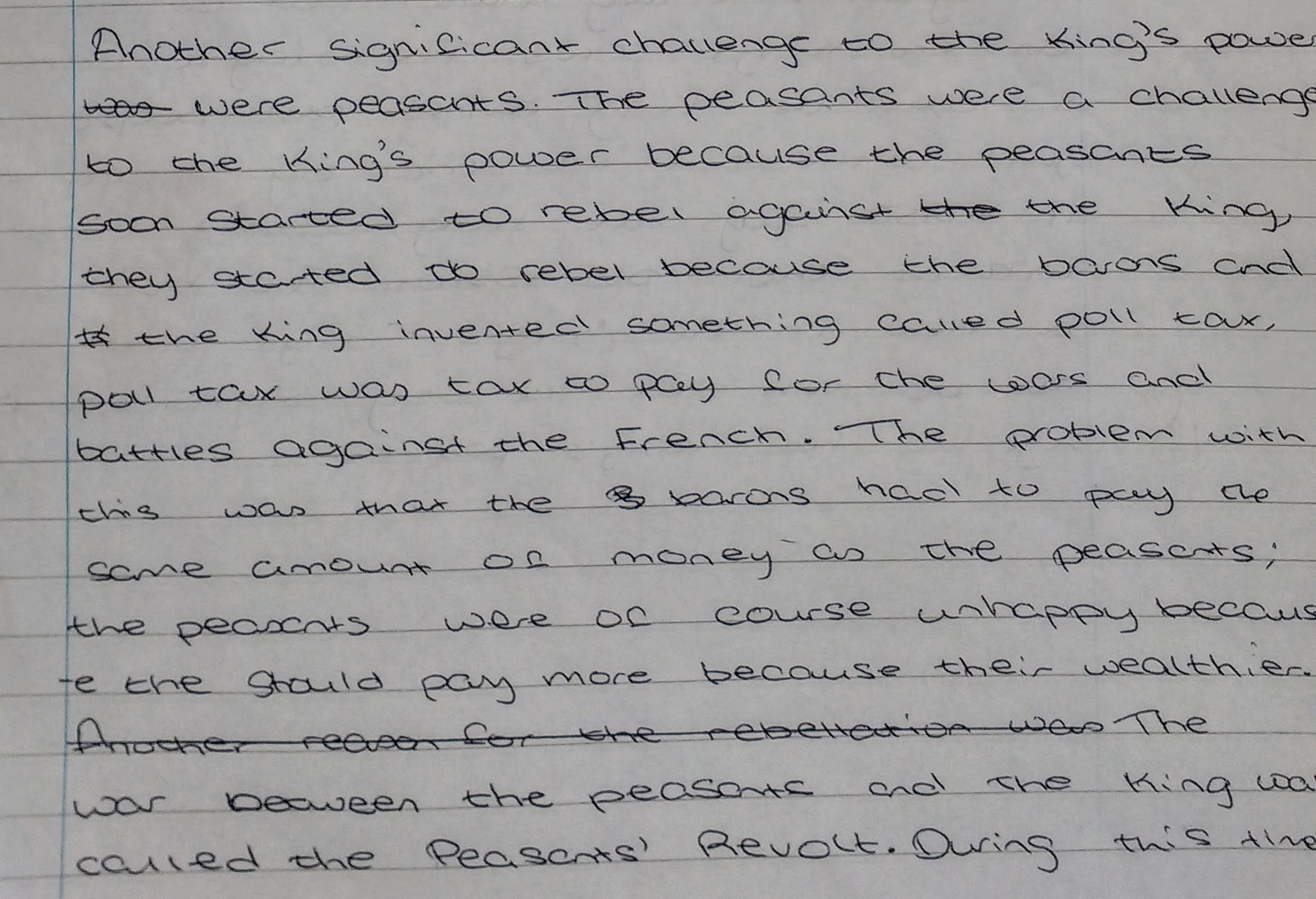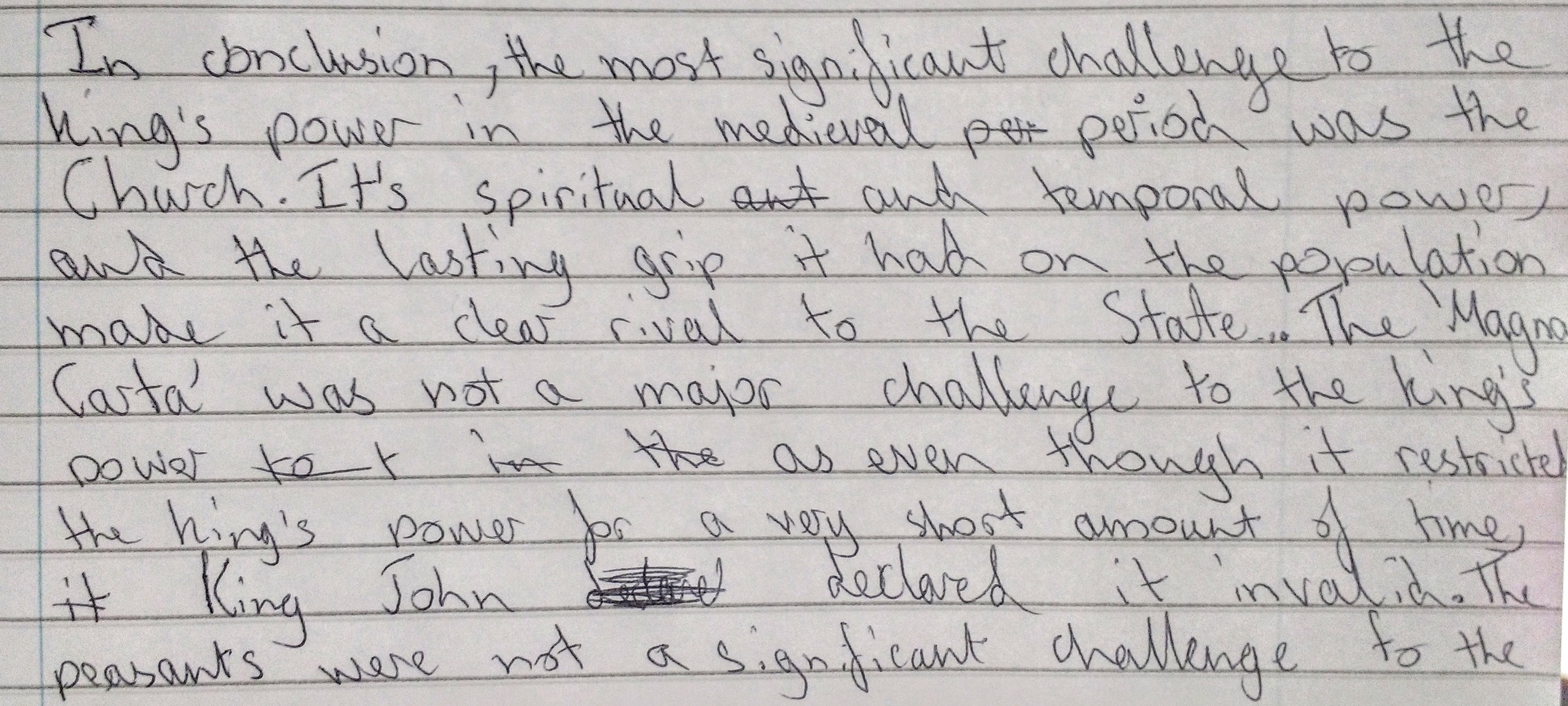The recent birth of my son, Matthew, has given me more time to watch TV (albeit with the sound turned down!) I’ve particularly enjoyed watching Ted Lasso, the story of an American football coach who crosses the pond to turn around a failing English football team. Although he knows nothing about football, he does know a few things about leadership. Here are 12 lessons that I’ve taken from Ted Lasso*:
Believe in belief. One of Ted’s first actions is to stick a sign up above the door of his office. It simply says ‘BELIEVE’. He understands the connection between belief and practice. He knows that they won’t become a successful football team until they believe they are a successful football team.
Value everyone. Ted makes a point of affirming the kit-boy, Nate, quickly making him into one of the team – ‘Nate the Great’. He also brings in the Director of Communications to his advisory team and shows an interest in his family. Ted goes out of his way to value all members of the team, especially those whom the powerful tend to either overlook or instrumentalise.
Create your own vocabulary. He describes his group of consiglieres as the ‘Diamond Dogs’. In-group language creates a sense of mission and belonging, all the more so because the name feels natural and authentic.
Sweat the small stuff. Using an anonymous suggestion box, he finds out that one of the showers is under pressure. It’s been annoying the players for ages. By fixing it quickly, he shows that he cares about their feedback and that he’s prepared to sweat the small stuff in order to help the team.
Be curious about the soul. He sees that a new player from Nigeria is homesick so, even though the team loses the match, he organises a birthday party for him. He also sees that the source of much of Jamie Tartt’s corrosive behaviour is his relationship with his abusive father. Ted is curious about people: what are the deeper reasons for their behaviour?
Develop rituals. When the players are scared about ghosts he uses the ritual of the burning of a precious item to get them to reveal some aspect of their innermost identity. The ritual has a humanising and equalising force: they learn that everyone else in the team is just like they are. Ted creates rituals that bind everyone together.
Speak truth in love. Ted rarely, if ever, lies or dissimulates, even to the extent of repeatedly dismissing English tea as ‘brown water’. But the clearly loving and guileless manner in which he speaks the truth, builds huge trust both with his manager and those whom he manages. They can sense the love that underlies his candour. He knows that love without truth is too accommodating of failure, but that truth without love is bitter.
Build people up to be the best version of themselves. Ted allows a situation to develop where Roy, the captain, is forced to act as a moral leader in defence of Nate. Ted wants Roy to take responsibility and grow to be the captain that Ted knows he can be. Later, Leslie reflects that sentiment with Keeley when she’s offered a promotion elsewhere: ‘A good mentor hopes you will move on; a great mentor knows you’ll move on.’
Make yourself smaller to make others bigger. Ted is self-deprecating. And he’s happy to let people below him in the hierarchy take the limelight if it’s the best thing for the team. He encourages Nate to give a pre-match pep talk, and he continues to attribute the success of the ‘Diamond 9’ tactic to Nate, even after he knows Nate betrayed him.
Encourage loyal dissent. He disagrees with his subordinates when they tell him to bench Roy, but he makes a point of encouraging future dissent by telling them how much he values their disagreement. In the end, this culture of loyal dissent pays off: he sees that they were right all along.
Be persistent. One of Ted’s strategies to forge bonds and establish good communication with his boss is to meet her every morning with a small box of (homemade) shortbread. At first, she rebuffs him saying she’s too busy. But, over time, this daily act of kindness chips away at her frosty demeanour. Ted knows that, if he wants to be successful, he’ll need to keep banging on the door: eventually, he’ll break it down.
Be humble. When he fails to tell his team about the true reason for his premature departure from the game – his panic attack rather than a dodgy fish pie – he apologises to his subordinates. The viewer can well understand why he might have lied, and we might forgive him this small deception. But Ted apologises anyway, recognising, not only that the trust he has with his team is jeopardised by the lie, but that he’s underestimated the charity of the people around him.
*For all the things that Ted does well, I think there is a lot he misses. In particular, Ted’s lack of domain knowledge is a major omission, and it’s hard to believe that, in reality, anyone would be as successful without it (even with the likes of Beard and Nate to fulfil that function).
There is a sense, too, that Ted isn’t always prepared to make difficult decisions. Had Roy not put himself on the subs’ bench would Ted have done it? Would he have had a difficult conversation with one player to create a better team? We think he would, but we can’t be sure.
There are definitely other areas but perhaps that’s another blog for another time.



